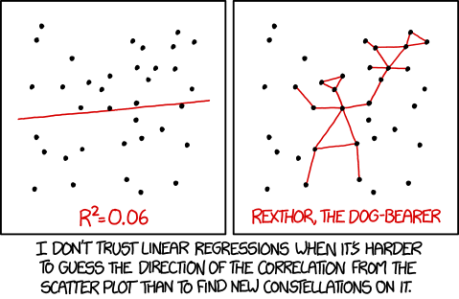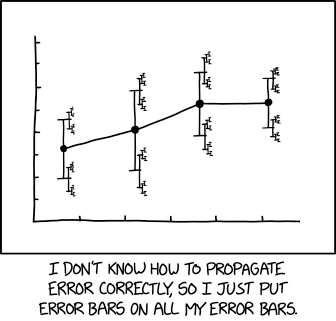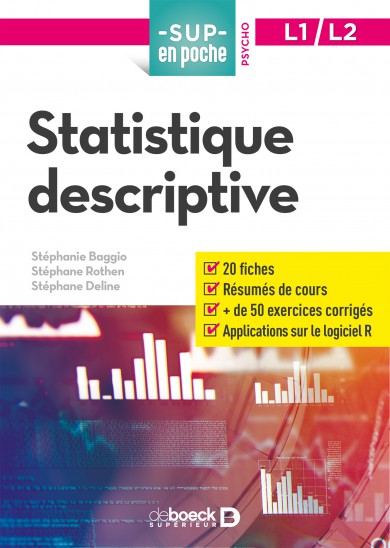Statistic is a probabilistic world, not a deterministic one.
20 February 2019
Weapons of Math Destruction by Cathy O’Neil
2 January 2018
“Models are opinions embedded in mathematics.
Whether or not a model works is also a matter of opinion. After all, a key component of every model, whether formal or informal, is its definition of success.”
in: Weapons of Math Destruction by Cathy O’Neil
Breaking Magic: Foreign Language Suppresses Superstition
21 December 2017
Since science is chiefly in english and since this is a foreign language for most of us (as shown by this awkward sentence), what does such a result (and plenty of the same kind) tell us about the validity/quality of publications?
Would it be better to publish in our mother tongue (which won’t be anymore a problem soon with the continuing increased quality of translators)? Or, on the contrary, writing in english makes us more objective and therefore is desirable (then, what about scientists whom mother tongue is English)?
The paper: Breaking Magic: Foreign Language Suppresses Superstition
Worth reading!
9 November 2017
Beyond subjective and objective in statistics
Andrew Gelman and Christian Hennig
Journal of the Royal Statistical Society: Series A (Statistics in Society)
Volume 180, Issue 4, October 2017, Pages 967–1033
Summary
Decisions in statistical data analysis are often justified, criticized or avoided by using concepts of objectivity and subjectivity. We argue that the words ‘objective’ and ‘subjective’ in statistics discourse are used in a mostly unhelpful way, and we propose to replace each of them with broader collections of attributes, with objectivity replaced by transparency, consensus, impartiality and correspondence to observable reality, and subjectivity replaced by awareness of multiple perspectives and context dependence. Together with stability, these make up a collection of virtues that we think is helpful in discussions of statistical foundations and practice. The advantage of these reformulations is that the replacement terms do not oppose each other and that they give more specific guidance about what statistical science strives to achieve. Instead of debating over whether a given statistical method is subjective or objective (or normatively debating the relative merits of subjectivity and objectivity in statistical practice), we can recognize desirable attributes such as transparency and acknowledgement of multiple perspectives as complementary goals. We demonstrate the implications of our proposal with recent applied examples from pharmacology, election polling and socio-economic stratification. The aim of the paper is to push users and developers of statistical methods towards more effective use of diverse sources of information and more open acknowledgement of assumptions and goals.
Full article: http://onlinelibrary.wiley.com/doi/10.1111/rssa.12276/epdf
Advertisement (ou plutôt Publicité)
17 October 2017
Cheat sheets for R
9 September 2017
Useful “cheat sheets” for R and RStudio
- Data Import
- Data Transformation
- Sparklyr
- R Markdown
- RStudio IDE
- Shiny
- Data Visualization
- Package Development
Click me!
Quote
16 September 2016
Good science is the one which disobeys
xkcd: Linear regression
30 August 2016

The 95% confidence interval suggests Rexthor’s dog could also be a cat, or possibly a teapot.
Big data…
29 June 2016
The risks of Big Data – or why I am not worried about brain tumours
Link: http://nyti.ms/1XsJPHp
A good and sound idea or a way to avoid scientific critics?

